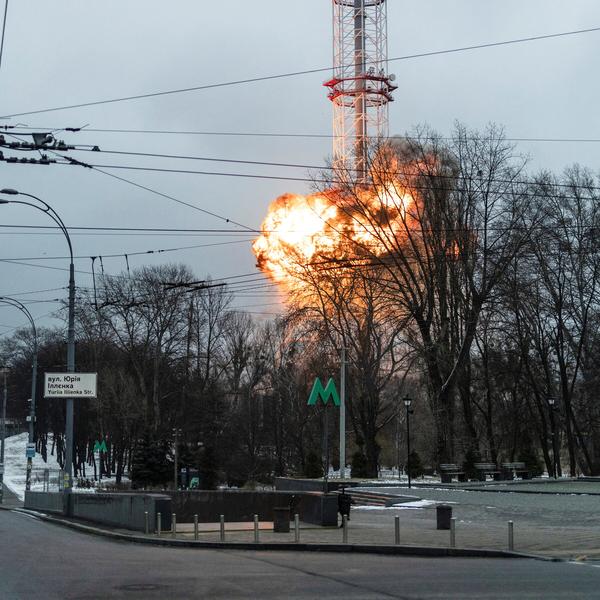FromThe Batman, toAlien, to Kirby, pretty much everything is getting a reboot these days. Now, just as we thought we reached the absolute bottom of the barrel, society went and brought back the goddamn Cold War of all IPs... with some major tie-ins, too. Yesterday,Radio Worldreported that the BBC World Service is reviving its shortwave radio broadcasting abilities in light of Russia’s crackdown on Western media and internet access for those enduring Putin’s deadly invasion.

Going forward, the BBCWS will broadcast four hours of English news broken into two blocks daily that can be picked up by people in Kyiv and some parts of Russia. The frequencies will be on 15735 kHz between 1400 and 1600 UTC (9 a.m. to 11 a.m. EST), and 5875 kHz between 2000 and 2200 UTC (8 p.m. EST to 10 p.m. EST). Although far fewer people have access to shortwave radios these days, any additional means to supply reliable updates and news to the region will help.
Obsolete no more — The renewed helpfulness of shortwave broadcasting comes after decades of decline, relegating the transmissions to the most dedicated of listeners and fans of the medium. In 2011, the BBC was forced to shut down its Ukrainian language due to U.K. budget cuts, but the renewed geopolitical crisis and increase in misinformation could bring the radio frequencies back, at least in some small capacity. The BBCWS will also be getting help from Austria, whose public service announcer also expanded into shortwave frequencies for its Ukrainian neighbors.
Aggressive misinfo abounds — Although the shortwave broadcasts will definitely help some in the region, the combination of Russian censorship and Western companies’ boycotting has left millions in Ukraine struggling to obtain reliable information and updates regarding the invasion. Far more is needed than shortwave radio bands to make up for this newfound deficit.
